Wis. 6:12-16; Ps. 63: 2-8; 1 Thes. 4:13-18; Mt. 25:1-13
“Stay awake and be ready!” Be ready for the last four things, death, judgement, heaven and hell by active participation in salvation. We live in times of slumber like the five “foolish virgins”. Are we ready to go to the game on Friday nights? You bet! Are we ready to go to Mass on Sunday mornings? Well, we sure like sleeping in. Even the extra hour of “Fall back” daylight savings time helps only for a short time before we fall back to our slumber. Stay awake and be ready is an act of prudence that comes from wisdom. Wisdom is a gift of grace from God as “she hastens to make herself known” but it is our act of good judgment that seeks out truth and receives wisdom.
Stay awake and be ready to receive a word of wisdom from God in prayer. Ready to sit still and watch some T.V.? You bet! Ready to sit still and do the rosary? By the time we get to the first decade, we are already yawning. “Behold, the bridegroom!” Jesus comes in wisdom and is sitting at our gate prepared to speak to our hearts and minds in prayer but our minds are active in our own thoughts drifting away rather than attentive to his desire to make himself known.
Stay awake and be ready to receive a spirit of wisdom in the sanctuary in our thirst for God. We cheer the team, “We have spirit, yes we do, we have spirit how about you?” How about us? Do we live by the Spirit of God who promises to be with us and come to us in spirit and in truth? We are to rise up in praise and worship and sing to the Lord. This is the day the Lord has made for us let us rejoice and be glad. Glad that God is with us in all our trials and he gives us the Consoler, the Spirit of courage and hope. Be not afraid! “Whoever watches for her at dawn shall not be disappointed”.
Stay awake and be ready for a word of knowledge as he makes himself known in scripture. The will of God makes himself known in scripture proclaimed for our discernment as it applies to us in our time, our home, our struggles and our blessings. It is not a word spoken only to the people of its time. It is alive and active for us to discernment how it applies to my life now. Let not our minds be dimmed in drowsiness as they drift during the homily and we lose sight of his revelation to our hearts. A homily helps us with the applied word in a form called exegesis. Exegesis from Greek means “to lead out”. It leads us out in a critical interpretation and understanding of scripture. It leads us out as the applied word to our lives.
Stay awake and be ready to receive his body and blood as he makes himself known in the breaking of the bread. We hunger for the good things of life. We are restless and at times bored looking for fulfillment. Our souls are restless until we come to rest in the truth, goodness, beauty and unity of Christ. We are to hunger for and not lose sight of his real presence in the Eucharist. The Eucharist is the summit of our faith, hope and love. We come as unworthy servants but only by his word are our souls healed of sin and purified by grace.
Stay awake in our actions. The Church is prudent by making us stand, sit, and kneel during the Mass so we can stay awake, be active participants in prayer and worship. Our body language speaks loudly of where we are in our relationship with God. Our souls need to reflect the light of Christ in our behavior and reject the darkness of evil. “Lifting up my hands, I will call upon your name” says the psalm. We lift up our hands to pray the prayer Jesus left us in the Our Father. Mass begins in word and act with the sign of the cross. It says, “I am a believer!” Who are we to respond as in this world? We respond as the “I AM” a believer!
Stay awake and be ready to confront the evil one seeking to ruin souls when we allow our passions to drive our priorities as “the foolish ones” while the passion of Christ suffers for our sins. “Then the door was locked” and he said in reply “Amen, I say to you, I do not know you”. Seems a harsh response for the lack of readiness and poor planning yet it reflects the message of keeping our priorities straight. God first! Some say “I am a good person” as if that is all that matters. Readiness is an active participation in the work of salvation for our souls and those of the whole world.
Be ready, “Behold the bridegroom!” Ready as the wise virgins ready with flasks of oil. The Church prepares us with the oils of salvation; the oil of catechumen, the oil of the sick, and the chrism oil keep the light of our soul shining ready for the bridegroom. At baptism the light is entrusted to our parents, godparents and the community to keep the light burning. As we grow the light becomes our responsibility to be the “wise ones”. No one else can save us or share their “oil of salvation”. It is the prudent who are prepared to respond to God’s calling. Every day is a calling to readiness as we do not know the hour or the day of his coming nor the hour or day of our departure from this world.
Be ready for the four last things! Death, judgment, heaven and hell we tend to avoid giving it as much thought as it deserves. We know our time is coming and we are reminded each time someone we know dies. Our psyche is shaken into this reality and we are encouraged just to move on with our lives. We are not to move on but be moved deeper into our readiness to face these four last things that lead to eternity. Do we really move on from having had a loving relationship with someone or do we carry our cross with love in reminder that we are to be prepared for we do not know the hour or day of its coming?
As early as I can remember as a child my mother would lie in bed and begin acting and saying in Spanish, “Ya me voy a morir!”, “I am now going to die!” Then she would close her eyes and lie motionless. At first, I would not believe her because she had done it so many times but the longer she laid there even though I knew it was a trick the more it scared me. Later in life I thought of it wondering why she would play that game on a little child. As she became chronically ill and into her eighties, I came to realize she understood she lived in poor health and wanted to prepare me for the day and in the event, she died while I was still young. Fortunately, God blessed her with a long life and she carried her cross of illness for a long time but the gift she left me was a reminder, Be ready, for the last four things to come.
November is the month in the church calendar when we come to the end of the liturgical year and so it is most appropriate to reflect on the four last things, to pray for the dead, to offer Masses for the souls in purgatory still waiting to be washed clean and purified in the fire of mercy. Let us show mercy by keeping them in our prayers.
Readiness is the prayer, “Here I am, Lord!” When the bridegroom comes at his hour will we be the Adam and Eve who hid themselves from the Lord or like a new Adam and Eve purified in the waters of baptism, washed clean in confession, filled with wisdom from obedience to his word and reflecting his image in the sacrifice of love in the Eucharist prepared for his coming? Be wise people of God, let us keep our light burning brightly ready to say, “Here I am, Lord!”
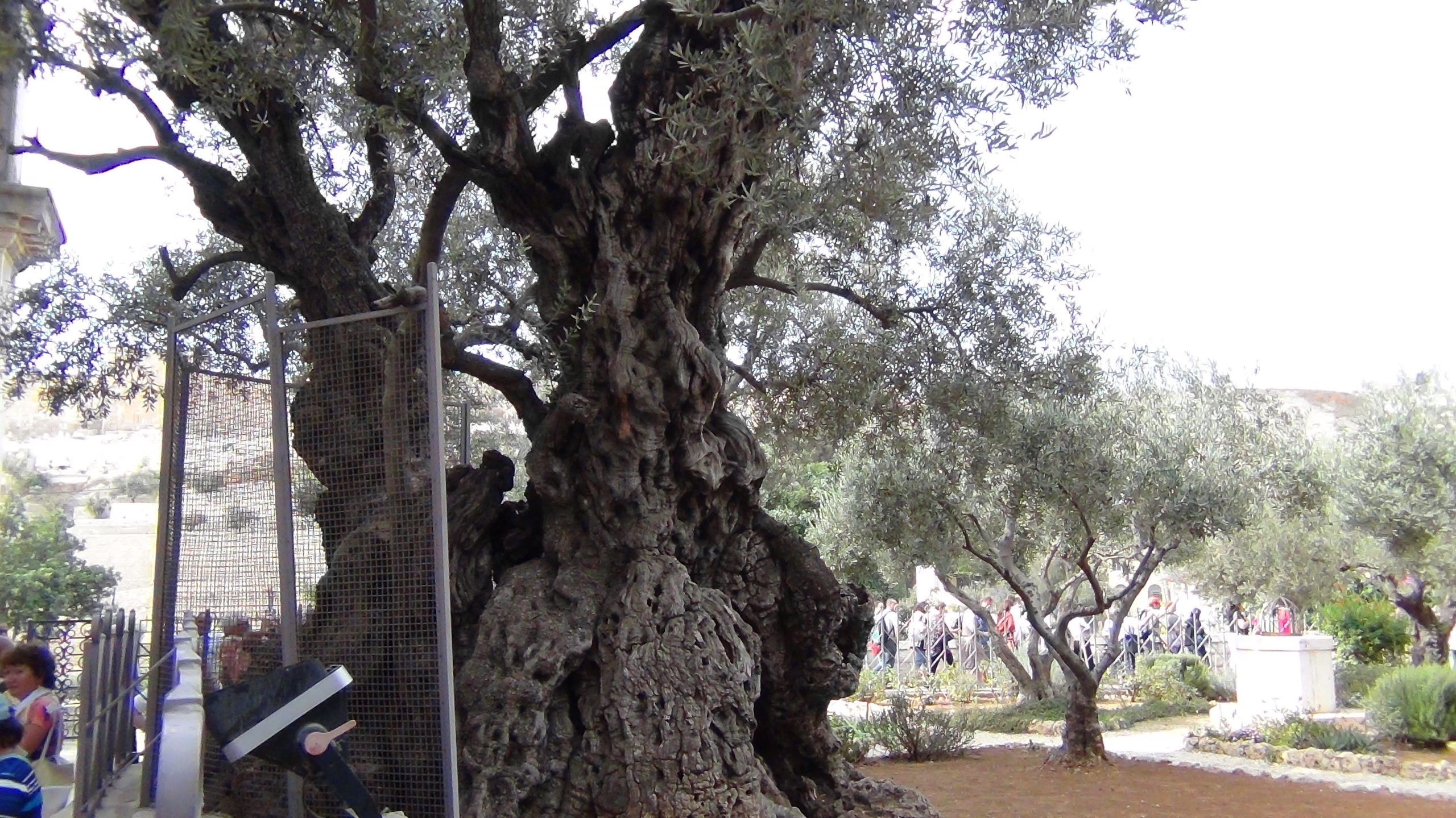




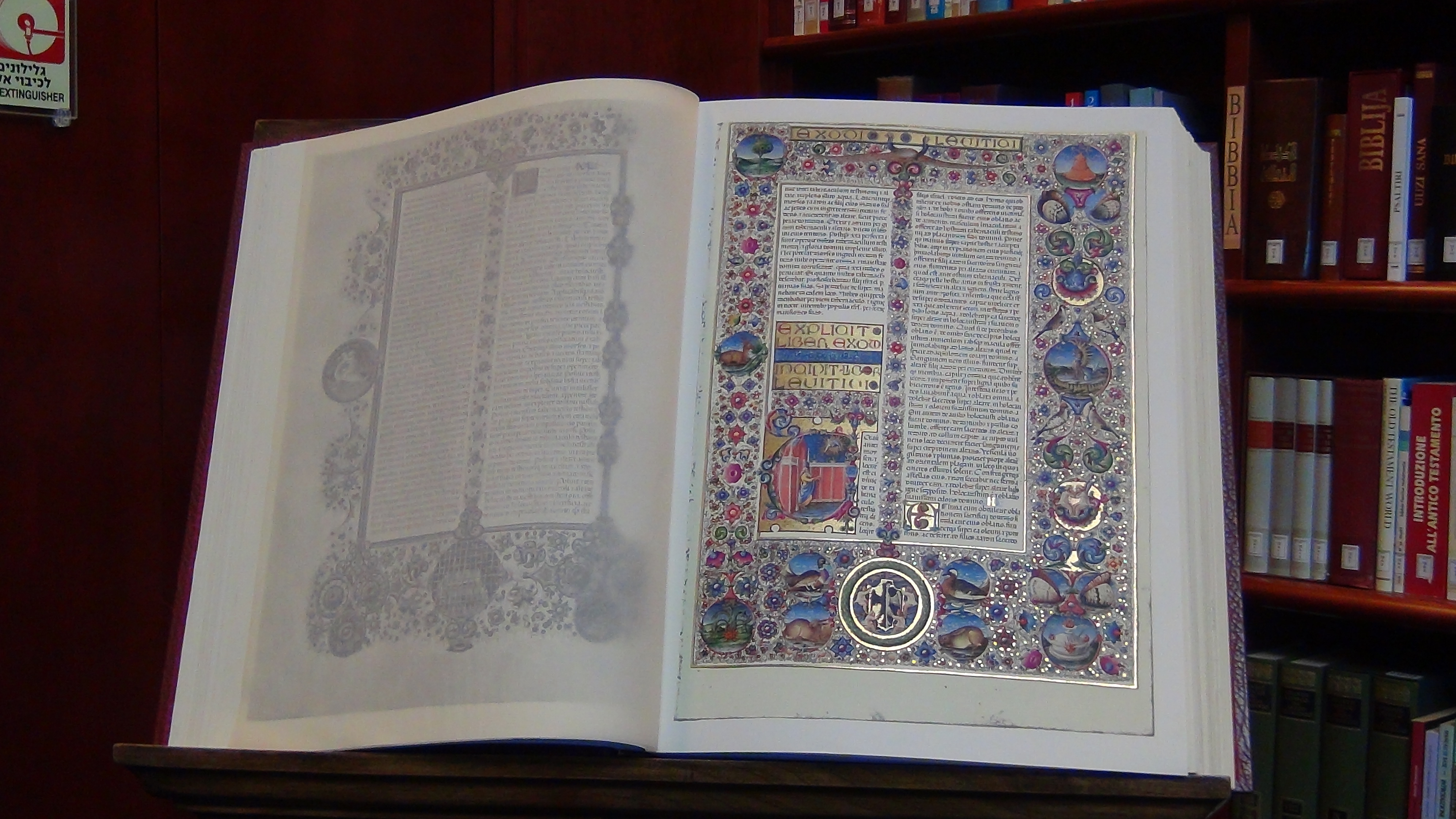

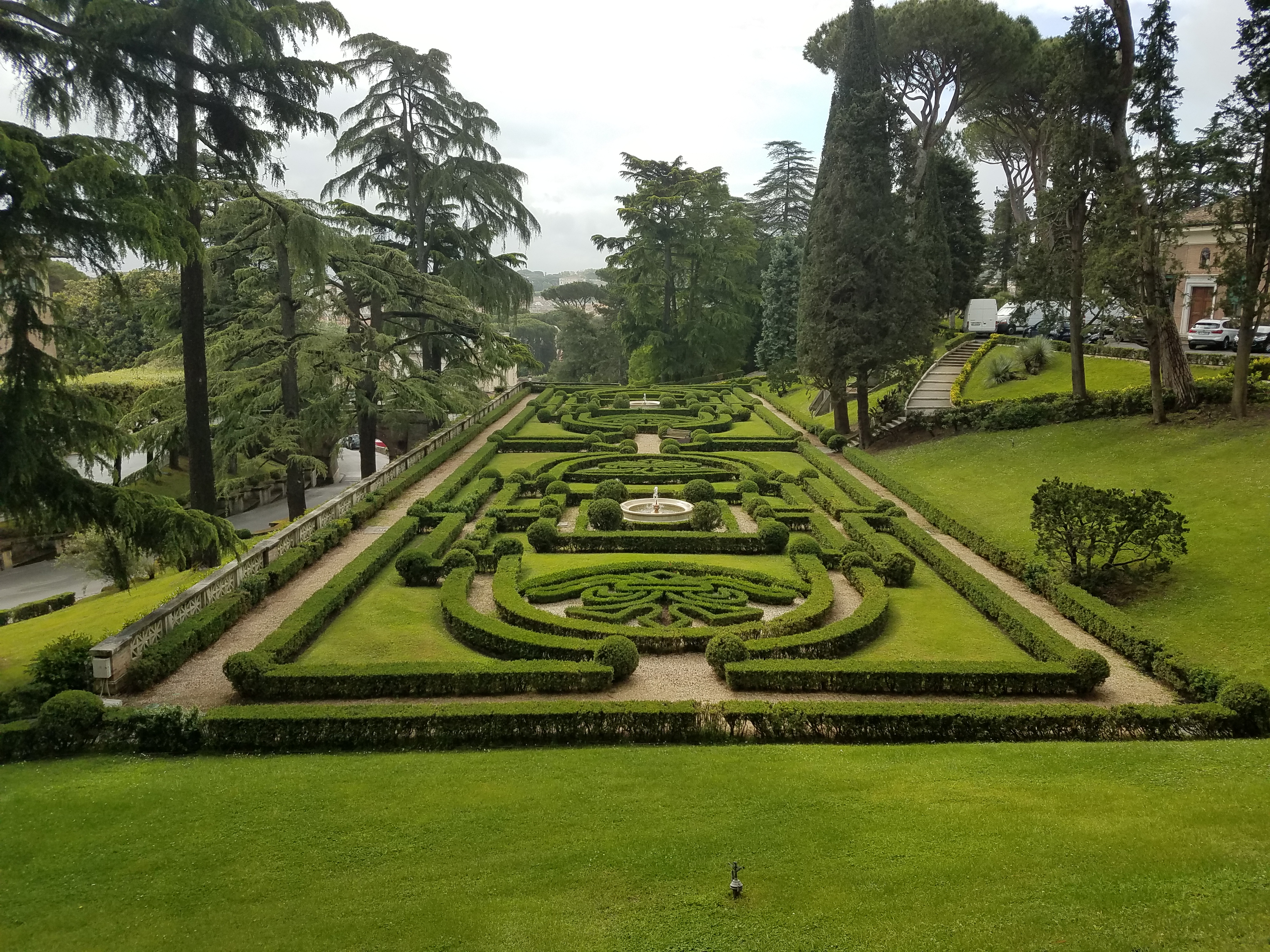

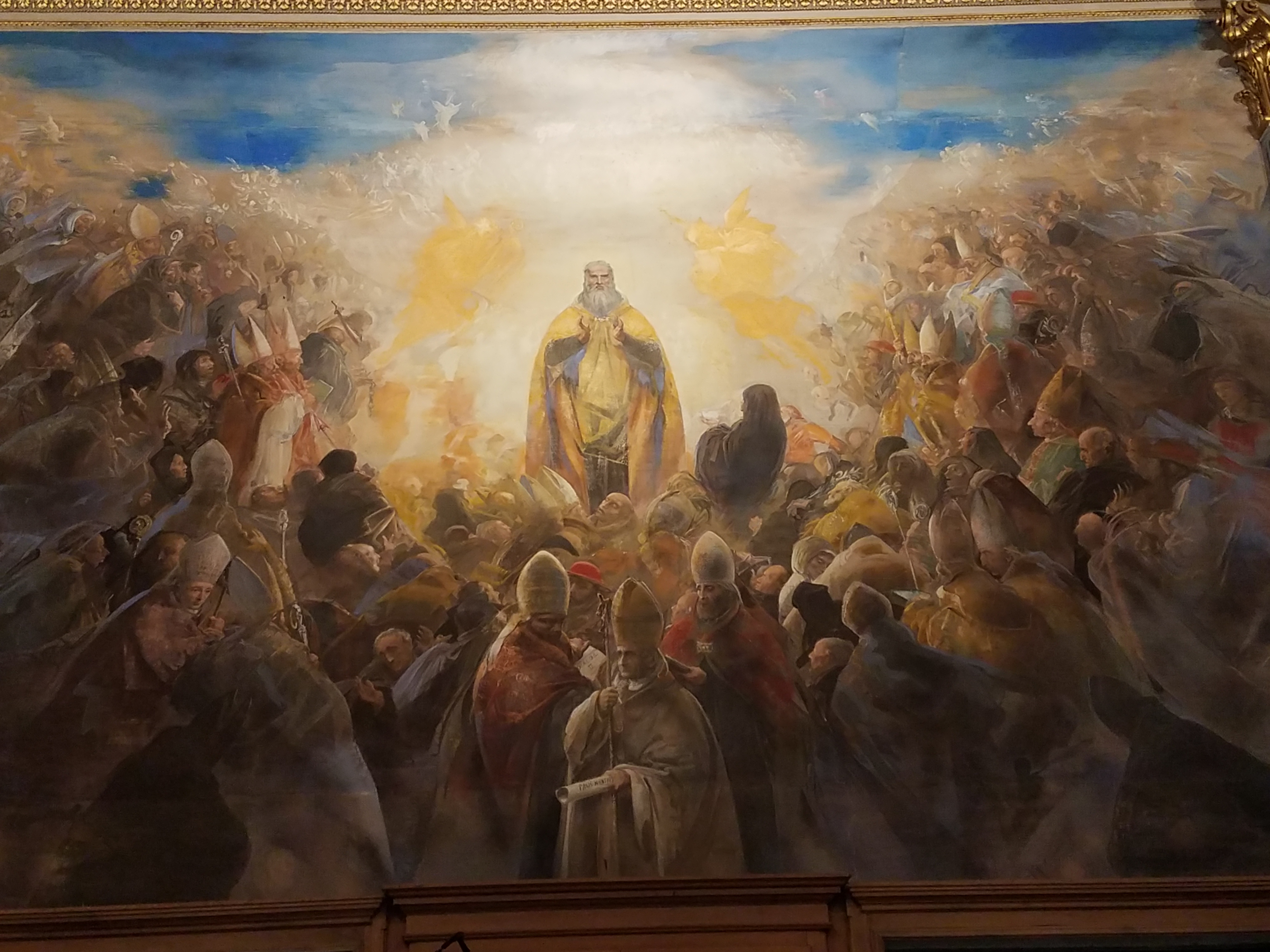

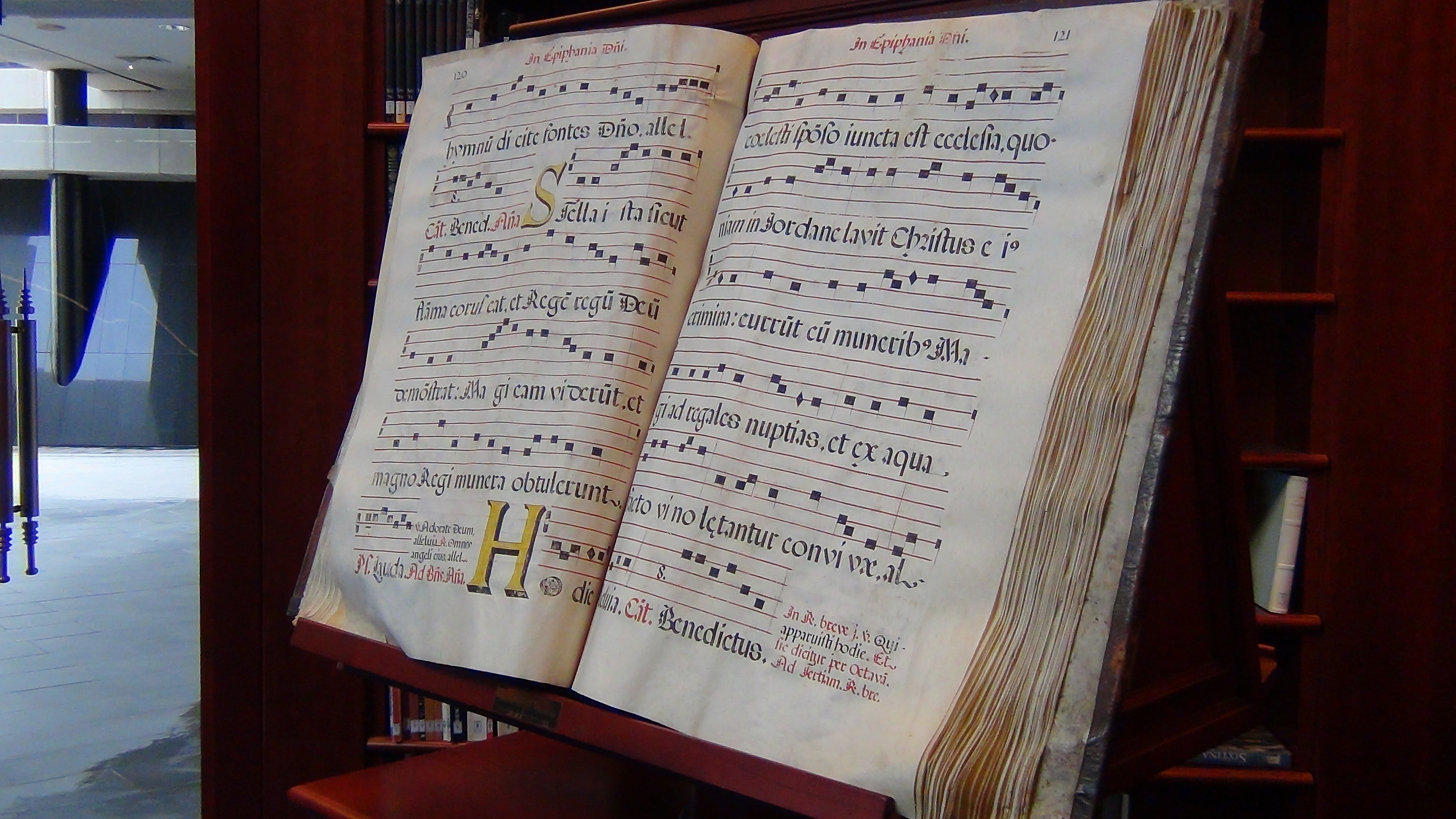


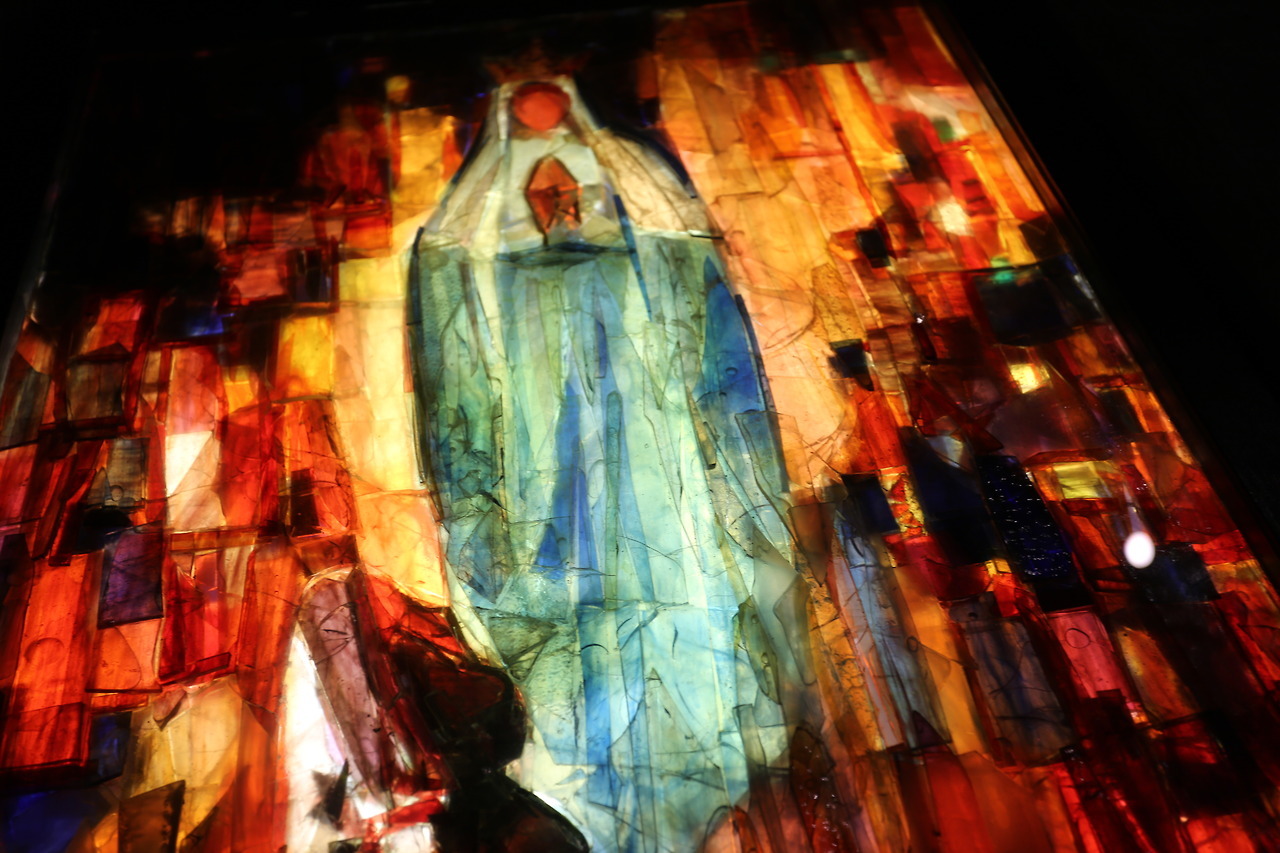

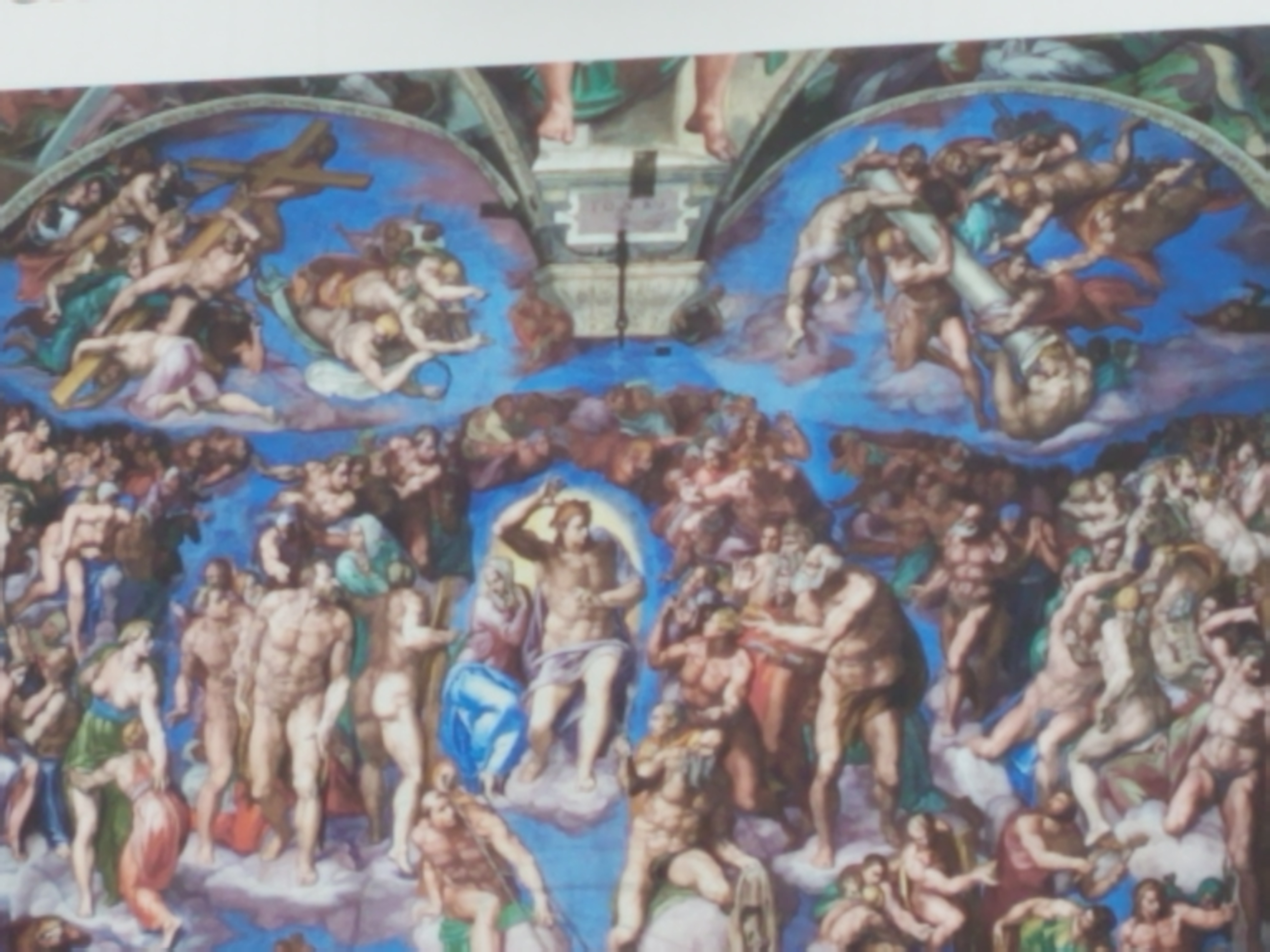



Recent Comments